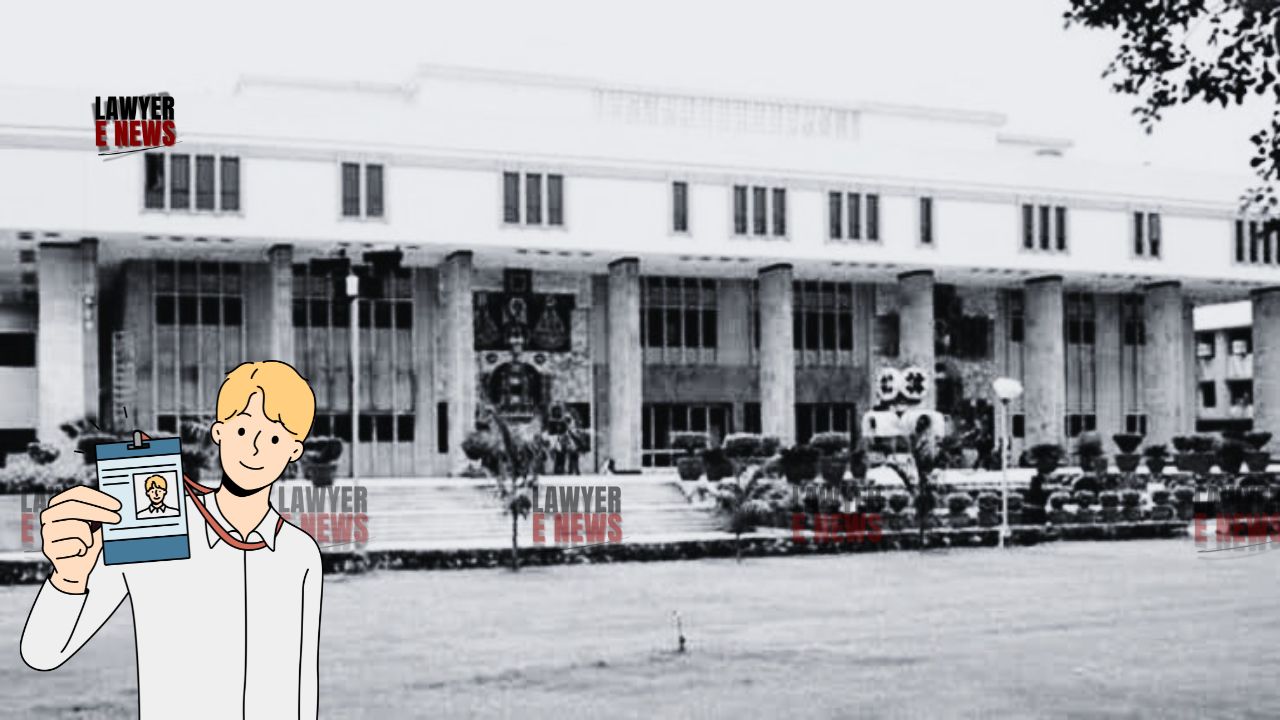-
by Admin
15 February 2026 5:01 PM



Delhi High Court has issued a significant judgment on August 22, 2024, directing the Directorate of Education (DoE) to merge the school IDs of junior and senior wings of private schools managed by the same society. This ruling addresses the issue of denying admissions to students from the Economically Weaker Sections/Disadvantaged Groups (EWS/DG) when they transition from junior to senior wings. The court highlighted the constitutional mandate of ensuring equal and uninterrupted educational opportunities for all children, particularly those from underprivileged backgrounds.
The case involved multiple petitions filed on behalf of children from the EWS/DG category who were denied admission to the senior wing of Holy Innocents Public School, despite having completed their early education in the school's junior wing. The school's refusal was based on the premise that the junior and senior wings had different school IDs, making them separate entities according to the Directorate of Education. The children’s parents had taken various steps, including filing RTI applications, writing to the Ministry of Education, and lodging complaints with the National Commission for Protection of Child Rights (NCPCR), before finally seeking judicial intervention.
Educational Equity and Constitutional Protection: The Court underscored the fundamental right to education as enshrined in Article 21A of the Indian Constitution and implemented through the Right of Children to Free and Compulsory Education Act, 2009 (RTE Act). The judgment emphasized that the RTE Act aims to provide every child, irrespective of socio-economic background, with access to quality education. The Court stated, "Education is the foundation upon which the edifice of a just and equitable society is built."
Issues Before the Court: The Court focused on two key issues:
Whether the petitioners, allotted seats under the EWS/DG category in the junior wing, could be denied admission to the senior wing based on different school IDs.
Whether there was a need for directions to ensure a respectful and accessible admission process for EWS/DG students, addressing the barriers faced by them.
Merger of School IDs: The Court was critical of the practice of assigning different IDs to the junior and senior wings of the same school, calling it an artificial distinction that hindered the continuity of education. The judgment noted that this practice led to unnecessary trauma and stress for children who were denied seamless transition within the same educational institution. The Court ordered the DoE to merge the school IDs within eight weeks, ensuring that students admitted under the EWS/DG category can continue their education without disruption.
Ensuring Respectful and Accessible Admissions: The judgment also addressed the challenges faced by EWS/DG students during the admission process, directing schools to appoint a Nodal Officer to assist these students and their parents. The Court emphasized that all communications and procedures should be available in both English and Hindi to accommodate language barriers.
The Court extensively discussed the importance of maintaining the dignity and self-respect of children from underprivileged backgrounds. It observed that the division of school IDs perpetuated inequality and was contrary to the spirit of the RTE Act, which seeks to provide equal educational opportunities to all children. The judgment stated, "The injury to dignity felt by a student from the EWS category, who is made to feel unequal to his peers, is deeply damaging."
The judgment remarked, "Once children are enrolled in an educational institution, there should be no distinction based on their financial background, especially when they are all studying in the same school."
The Delhi High Court’s judgment is a landmark decision that reinforces the right to education for children from the EWS/DG category. By mandating the merger of school IDs and issuing guidelines for respectful and accessible admissions, the Court has ensured that these students are not deprived of continuous and quality education. This ruling is expected to have far-reaching implications for the implementation of the RTE Act and the treatment of underprivileged students in private schools across Delhi.
Date of Decision: August 22, 2024.
Gunjan as Guardian of Pihu vs. Government of NCT of Delhi & Anr.
